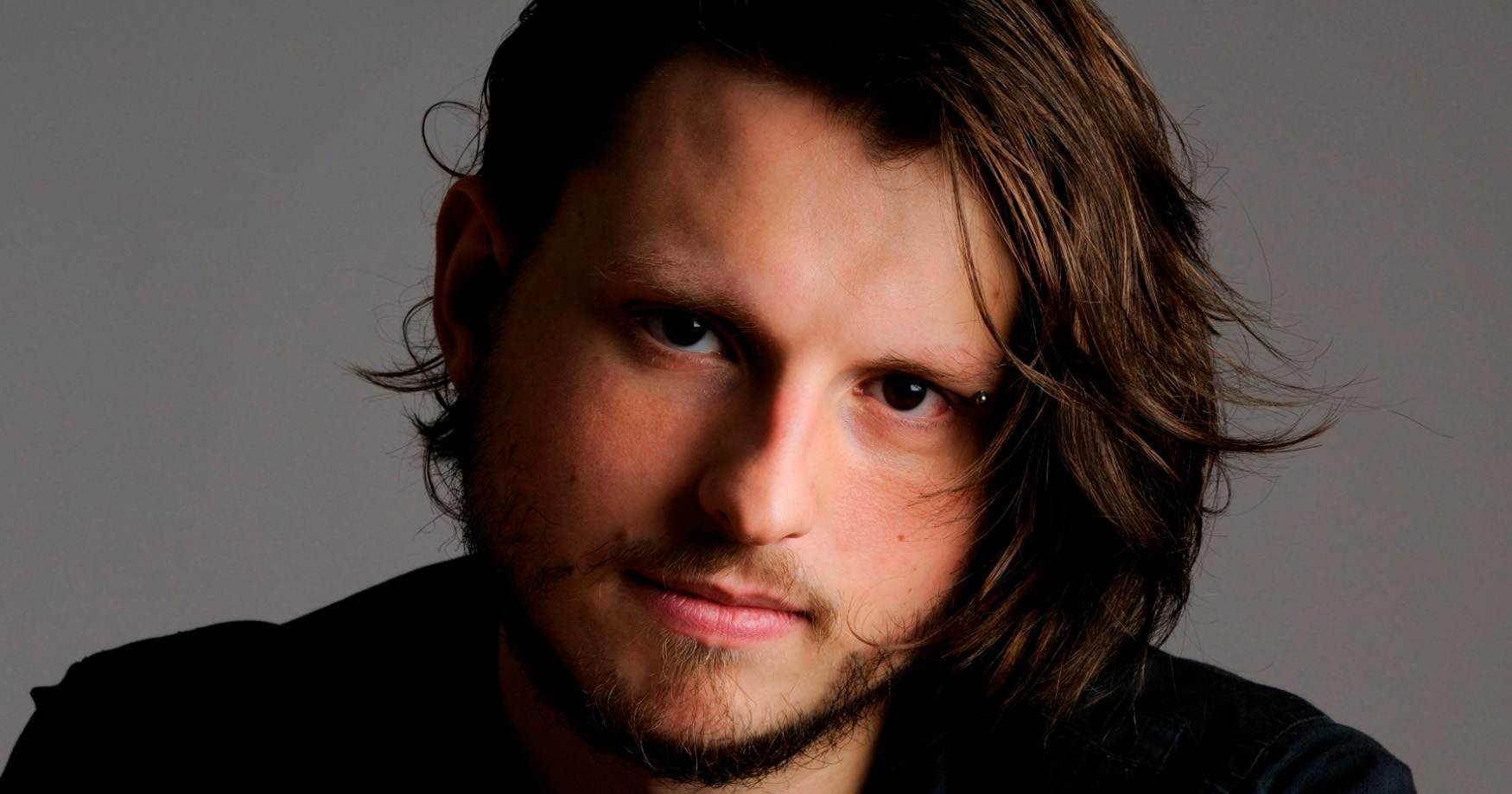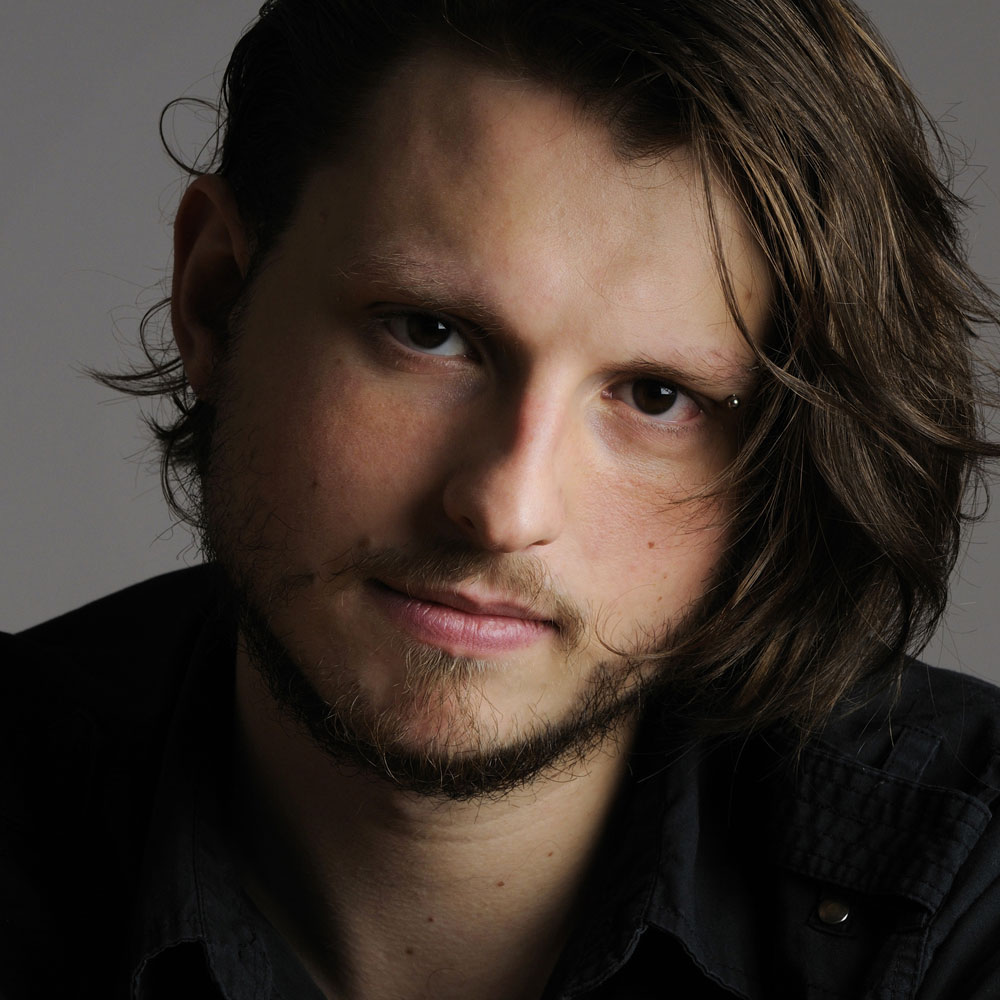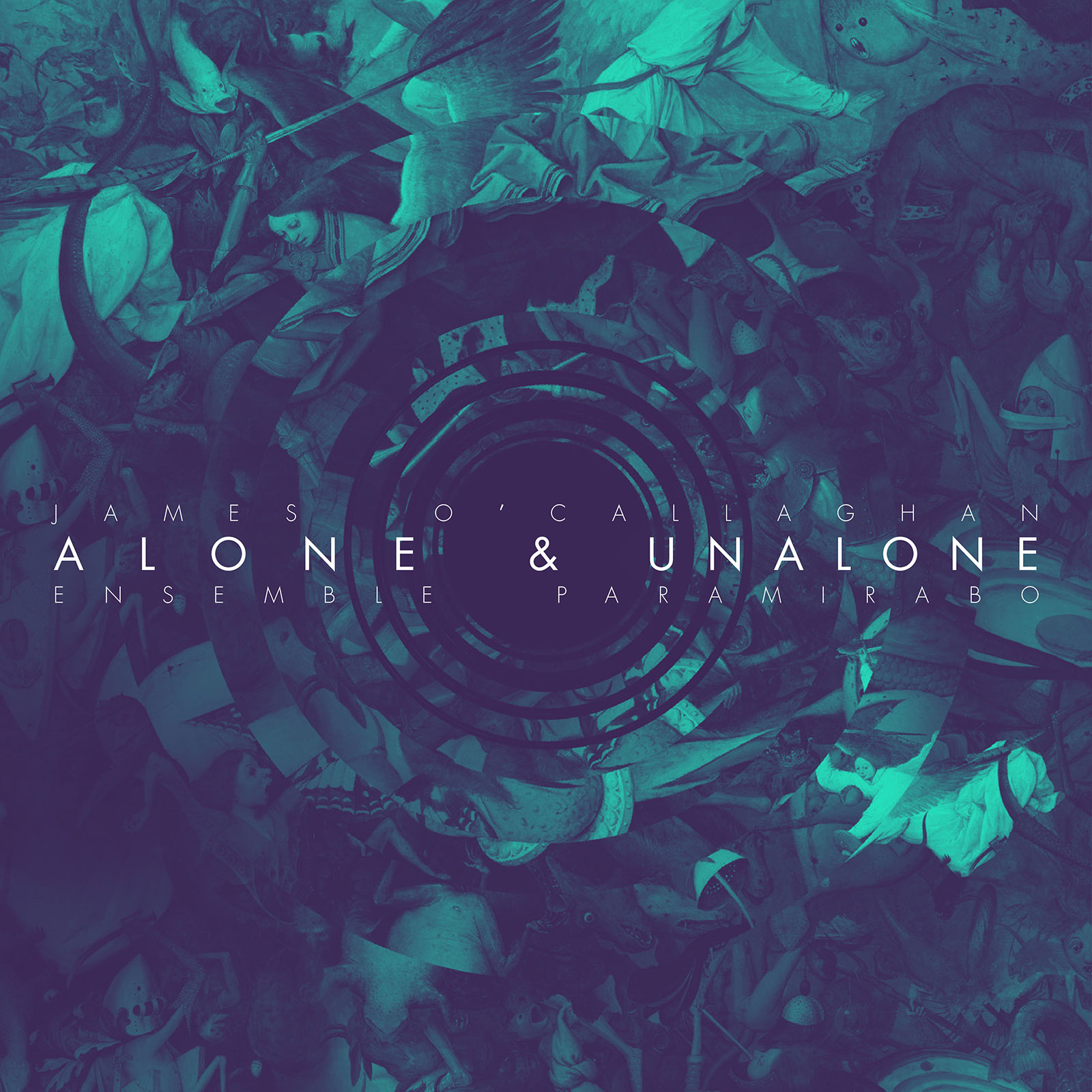
James O’Callaghan is a composer and sound artist based in Montréal, who has been praised for his “mastery of materials and musical form” (Electromania, Radio France). His music has been described as “very personal… with its own colour anchored in the unpredictable” (Goethe- Institut). His work spans chamber, orchestral, live electronic and acousmatic idioms, audio installations, and site-specific performances. It often employs field recordings, amplified found objects, computer-assisted transcription of environmental sounds, and unique performance conditions.
His music has been the recipient of over 30 prizes and nominations, including the ISCM Young Composer Award (2017), the Salvatore Martirano Award (2016), and the Jan V. Matejcek Award in New Classical Music (2018). Significant nominations include those for the Gaudeamus Award (2016), Prix Métamorphoses (2018), and a JUNO Award for classical composition of the year (2014).
Originally from Vancouver, he received a Master of Music degree in composition from McGill University in 2014, and a Bachelor of Fine Arts honours degree from Simon Fraser University in 2011. He is a founding member and co-director of the Montréal Contemporary Music Lab, and an associate composer of the Canadian Music Centre.
Today, James is our featured artist in “The Inside Story,” a blog series exploring the inner workings and personalities of our artists. Read on to discover his favorite moment on the album…
When did you realize that you wanted to be an artist?
I don’t think I can pinpoint a particular moment, so there are many ways to answer this question. In a certain sense, it was never a “realization” because it was naturally part of me as long as I could remember. After a difficult, dissociative childhood, I gradually found that art-making was the most meaningful way that I could process my feelings, and it was clear by university that I was going to be an artist of some kind. I fell into music specifically quite by accident, but have deeply cherished creating work with sound and being a part of the beautiful community I’ve found. I still aspire to continue to be active in other arts, though they have been less present in my life as composing has become my full-time profession.
If you could spend creative time anywhere in the world, where would it be and why?
One of the luckiest things about my work is that it lets me travel all over the world to be creative, and so it’s that fluidity of experience and discovery of new places that I think I value most. I’m very happy to live in the amazingly cultural Montréal, where I get most of my composing done, but have special connections to other places as well. I’m writing this on a plane from Oslo to Stockholm which are both cities where I’ve had dear creative experiences, and otherwise at the moment I feel drawn to New York, Berlin, and St. John’s Newfoundland.
If you could instantly have expertise performing one instrument, what instrument would that be?
I didn’t have any musical background until I started to compose, and still don’t play any instruments at all. So, I suppose that my answer might be: any! At the same time, I was never really interested enough to learn to play something, and so I’m not sure if I would take full advantage of that instant expertise. Of course, having the practical knowledge of playing instruments is very useful for a composer, but sometimes I try to tell myself that my outsider perspective is one of my strengths.
What was your favorite musical moment on the album?
The very end of Alone and unalone is devastatingly emotional for me. Both composing it and experiencing it in the dark with a room full of people for the first time at the premiere were unforgettable moments in my life that I find hard to express in words.
What does this album mean to you personally?
While I feel that all of my work is intensely personal, this record tracks an important development in my music that begins with the earliest piece included, AMONG AM A (2015), and results in the most recent, Alone and unalone (2019). Both works were commissioned by Ensemble Paramirabo: our long-term collaboration is also among the most meaningful and personal of my career.
When I was composing AMONG AM A, I noticed that I started to allow myself to be more “irrational.” I have always been a very conceptual composer and begin each piece with rather clear ideas of what concepts and sounds I want to work with. With that work, a number of almost pre-formed images flooded in and competed with my plans. I let myself surrender to these ideas and integrate them, “rationalizing” their meaning, rather than “reasoning” them through. This experience had a profound impact on the way I see the world, and how I think about things philosophically more generally.
Alone and unalone feels like the conclusion of what began with AMONG AM A – it is perhaps my most personal work: more so than any other, I felt I was pouring my entire being into it.
Is there a specific feeling that you would like communicated to audiences in this work?
I really don’t think any music is good at communicating specific feelings. What is so powerful about it is the way that we can form individual, personal connections to it and live through feelings that are impossible to specify.
In a way, that very idea is what I think is the subject of this work. It’s fundamentally music created for the concert experience, and therefore music to be listened to with others. That tension between sharing something collectively while having an individual, unshareable experience, is what the work is about.
At least, for me as the first listener of this work, that’s what emerges – the kind of precious sadness of being fundamentally alone in one’s thoughts, never truly able to “communicate” them in their totality, while trusting the beautiful empathy of shared experiences with others. If I didn’t share this work with an audience, only part of that relationship would exist. I hope that listeners experiencing these works as recordings can bring their own individuality and imagination to them.

James O’Callaghan (b. 1988) is a composer and sound artist based in Montréal praised for his “mastery of materials and musical form” (Electromania, Radio France). His music has been described as “very personal... with its own colour anchored in the unpredictable” (Goethe- Institut). His work spans chamber, orchestral, live electronic and acousmatic idioms, audio installations, and site-specific performances. It often employs field recordings, amplified found objects, computer-assisted transcription of environmental sounds, and unique performance conditions.

